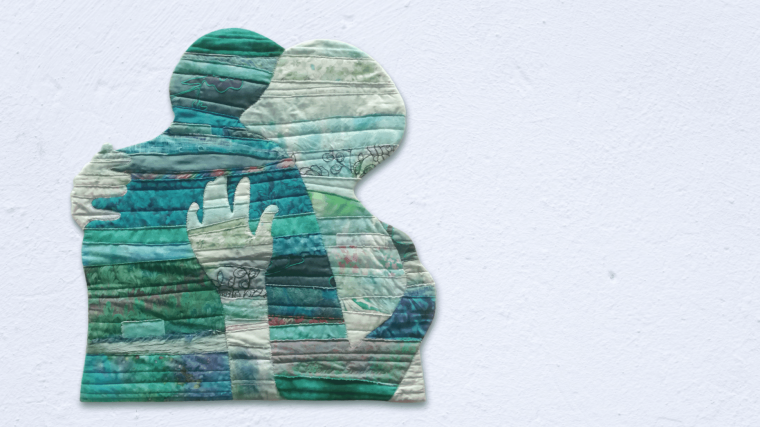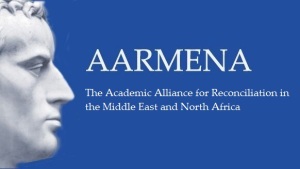Founded in July 2013, the Jena Center for Reconciliation Studies (JCRS) is based within the Faculty of Theology at the FSU Jena.
The center's purpose ist to broaden a theoretical understanding of the processes, measurements, and practices that are relevant to fostering relationships in contexts affected by violence, atrocities, genocides, wars, dictatorships, segregation, enslavement, and other crimes against humanity. The scientific field of Reconciliation Studies is a transdisciplinary and multiscale effort that focuses on the individual as well as on group, inter-group, and political dynamics.
The JCRS examines the dynamics of reconciliation processes for societies in conflict or transition, based on comparative international case studies. It addresses academic institutions and programs, as well as experts and scholars in the field of conflict transformation and peace studies. As an institution, it promotes a trans-disciplinary approach that integrates the fields of Theology, Philosophy, Religious Science, Ethics, Psychology, Sociology, Political Science, Economics, Law, Media Studies, Art, Social Geography and History. The JCRS also focuses on the of practices like trauma therapy, public policy, collective memory in reconciliation processes.
The JCRS continually aims to increase and share its expertise in the following four areas:
- Research, as is reflected through the 5 pillars of the JCRS: the Graduate Programme "Religion Conflict Reconciliation (RCR)" , the Academic Alliance for Reconciliation In the Middle East and North Africa (AARMENA), the research and education project "Ricœur in Jena", and the "Martin-Buber-Forschungsstelle";
- International and transdisciplinary cooperation, including networks with universities, institutions and NGOs from all over the world;
- Connection by way of organizing manifold events, workshops, and conferences - including the JCRS' International Summer School "Societies in Transition";
- Scientific Publication, for which the series "Research in Peace and Reconciliation (RIPAR)" is an example.






